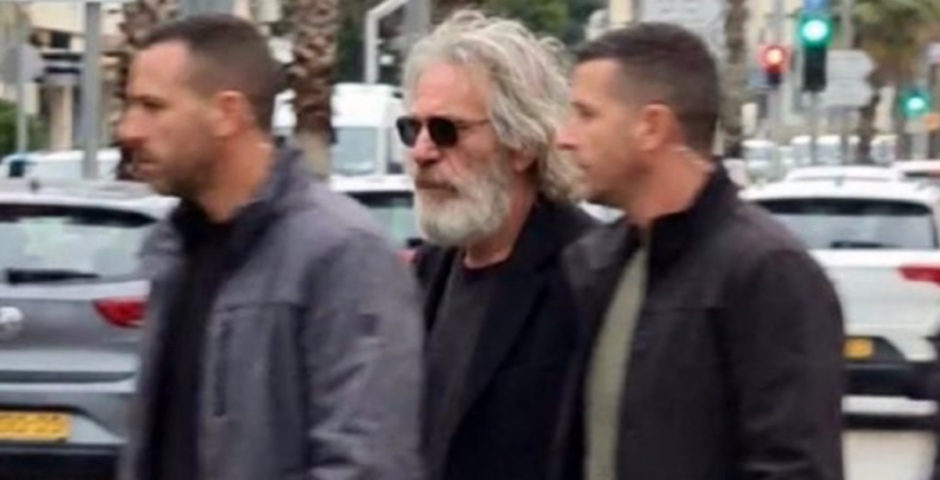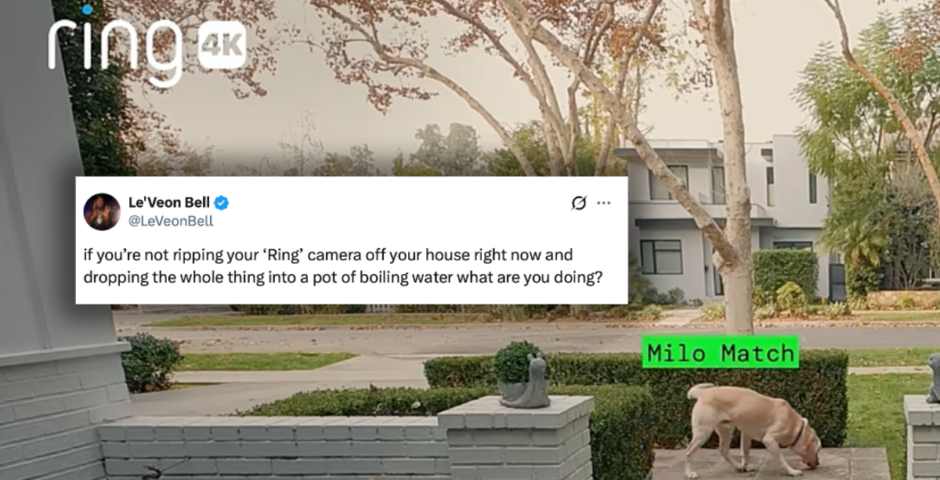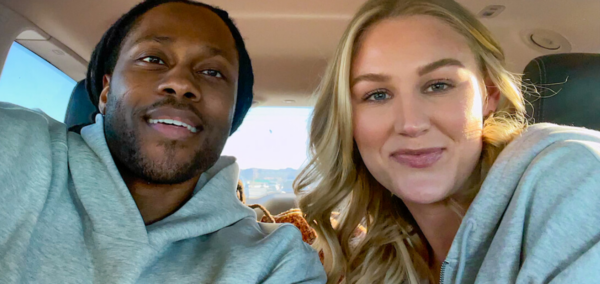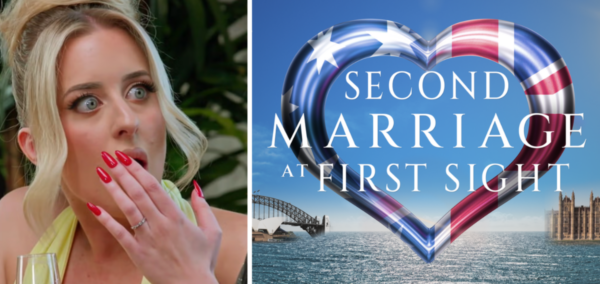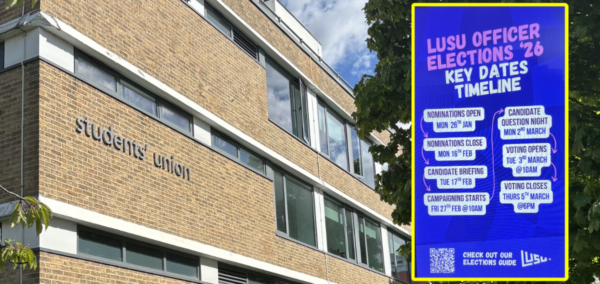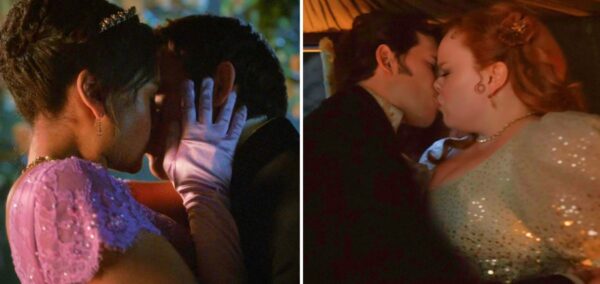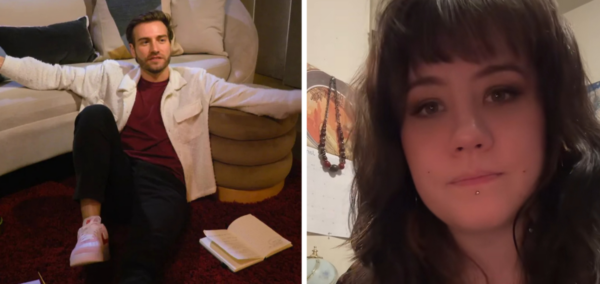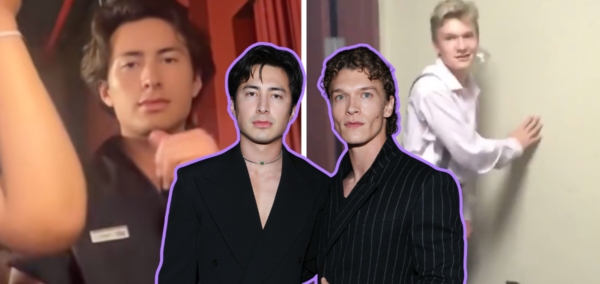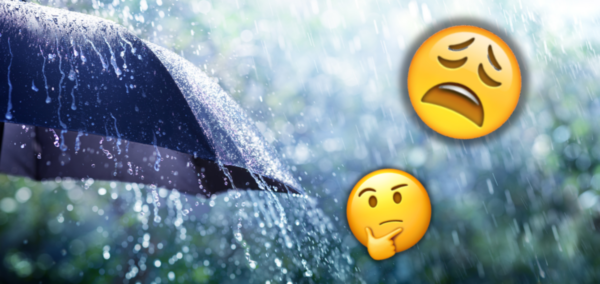
‘Vastly underestimated by peers and the university’: Edi’s Ukrainian students on the anniversary of the war
The Edinburgh Tab spoke to Ukrainian students about the impacts of Russia’s war
Toda marks one year since Russia launched a full-scale, unprovoked war against Ukraine.
February 24th 2022 saw the beginning of the largest war in Europe since the end of the Second World War, fought by the Russian army and paramilitary groups against Ukrainian government forces. During the past year, the war has displaced millions of people and thousands have been killed. Ukrainians have faced catastrophic bombing, human rights abuses, and Russian troops terrorising their country. This all comes years after Russia’s initial occupation of Ukraine in 2014 when Putin’s troops annexed the Crimean Peninsula.
The United States believes Russia has committed war crimes in Ukraine, and European leaders have pledged continued military support for the country following pleas from Ukraine’s president Volodymyr Zelensky for more support.
The Edinburgh Tab has spoken to Ukrainian students and reached out to the Ukrainian society to better understand their perspective of the past year and what they want other students to know.
Russian terrorism must be defeated. pic.twitter.com/6kCBeR7AtI
— Ukraine / Україна (@Ukraine) January 14, 2023
‘I didn’t eat or sleep for weeks’
Hannah is a History of Art and English student who grew up in Kyiv. We asked her how the last year has impacted her.
She described the panic and fear that swept through her friends and family when the war broke out: “I didn’t eat or sleep for weeks – I was always on the phone or watching the news. The worst thing would be to wake up, check your notifications, and realise you’d missed something terrible that had happened”.
Having had her phone stolen, Hannah had no idea her family had left Ukraine until they managed to call her from the airport. She says the war has had a real impact on her studies and mental health; when the country you grew up in is under attack, classes take a backseat.
Most Read
Once the war started, Elizabeth Novikova, from Kyiv, also found that her priorities had completely shifted. Her academic life was “nonexistent” in the first few months of the war – she was being expected to write essays while her mum was ‘sitting in a shelter hearing sirens’ while Kyiv was being bombed. Her application for deadline extensions was declined.
Throughout the war, Ukraine has faced heavy bombing from the Russian military, who have targeted civilian non-military targets, as well as critical infrastructure like bridges and power supplies.
Hannah described the missile attacks which had the biggest psychological effect on her: an attack on her local metro station, on the Shevchenko Park in central Kyiv; and on the iconic modern Klitschko ‘glass bridge’ – all places which can only have been targeted to hurt and terrify civilians.

Sandbags protecting church windows from blast impacts
‘Trying to exist in two mindsets at once’
The same sentiment of fear and uncertainty was described by Ukrainian society president Kvitka Perehinet. She described the unimaginable prospects of having your home looted, “never seeing your parents again should a missile kill them in the middle of a highway they’re driving on,” and seeing images of the atrocities being perpetrated in your area. It is like “trying to exist in two mindsets at once” when comparing the nonchalance of life in Edinburgh to that in Ukraine.
Ukrainian society jointly provided The Edinburgh Tab with a shocking account of the effect of the last year. The war has been a “vast”, “unpredictable” and “constantly present” part of students’ lives. They described the guilt of being away from Ukraine while family and friends spend their time in bomb shelters, the shocking images of dismembered bodies in their local area, and the shock of getting air raid alerts for their hometown in the middle of a lecture. Students have had to explain this to get special circumstances approved, say Ukrainian Society. The gravity of the war has been “vastly underestimated by our peers and the university”.
Elizabeth echoed this sentiment, saying her “head and heart have been in Kyiv” while everyone around her carried on as normal.
“People who hear the air-raid sirens now just carry on as normal”, Hannah says, talking about the people she knows who have remained in Kyiv. “They’re immune to it.” However, the sirens can never be ignored in the east of the country. Despite the draining routine of sheltering in metro stations and bomb shelters, stories of stoic humour in the face of war have emerged. “The government told everyone to make Molotov Cocktails as the Russian army was marching on Kyiv,” Hannah explains. “So you have these images of little babushkas with Molotov cocktails”.

‘Ensure your government maintains its support for Ukraine in all imaginable forms’
The Ukrainian society pointed out that a large Russian presence in business, culture, and sport is still being allowed to happen. Russian athletes who served in the military were allowed to compete at last year’s Olympics, for example.
We asked Hannah about what she imagined the events of the next year to look like. She is worried that the war will become entrenched and that European governments will end up just accepting the war, allowing Russia “to bomb every Ukrainian city every month”. She spoke about the fear that Vladimir Putin could expand his sphere of influence even further into other Eastern European countries. Ukrainian society pointed out that people should do what they can to “ensure your government maintains its support for Ukraine in all imaginable forms”.

St. Michael’s Golden-Domed Cathedral, Kyiv
Both Hannah and Ukrainian Society highlighted that people should engage with Ukrainian culture “not just in the context of the war, but culture, customs and traditions” and to try and understand how hard it is for students to adjust to mundane everyday life in the UK compared to what is going on at home. Elizabeth urged people not to forget about the “daily terrors” going on in Ukraine and to show solidarity beyond the anniversary of the start of the war.
There are various events being held across Edinburgh for people to express solidarity over the next few days. These include:
- A Vigil for Ukraine at Bristo Square, 4pm on February 24th
- Testimony of Ukrainian soldier Sergiy Sylantyev, 7pm on February 24th
- A March in support of Ukraine, 12-3pm, 25th February
- A Salute to Ukraine concert, 26th February, 7pm at Usher Hall
You can donate here to the Presidential fund to rebuild Ukraine. The Ukrainian Society explained you should donate directly to Ukrainian charities, instead of international organisations.
Information on how The University of Edinburgh is offering help to its Ukrainian students can be found here.
Photos by Hannah Harris and Kvitka Perehinets.
Related stories recommended by this writer:
• Russian societies around the UK call on students to speak out against war in Ukraine
• Edinburgh University ‘reviewing’ how it detects plagiarism due to ChatGPT software
• Over 10,000 Scottish students denied university accommodation each year


